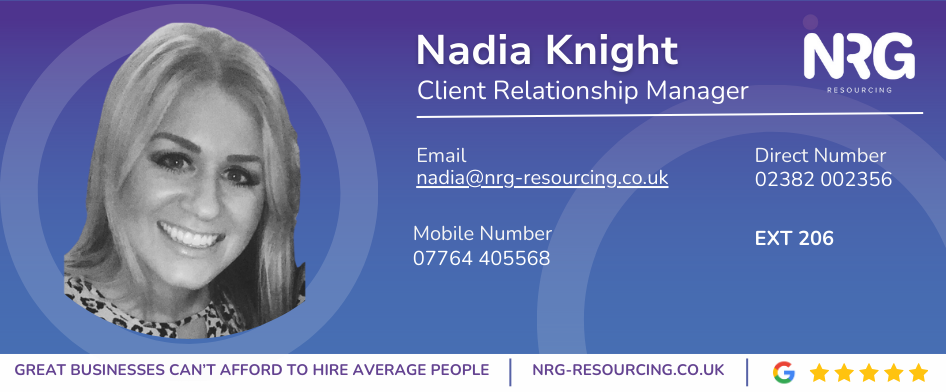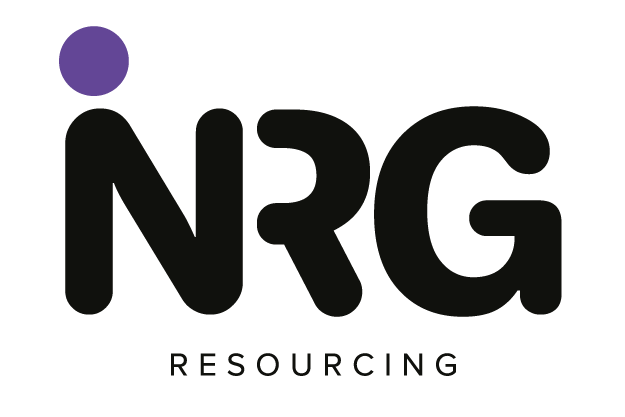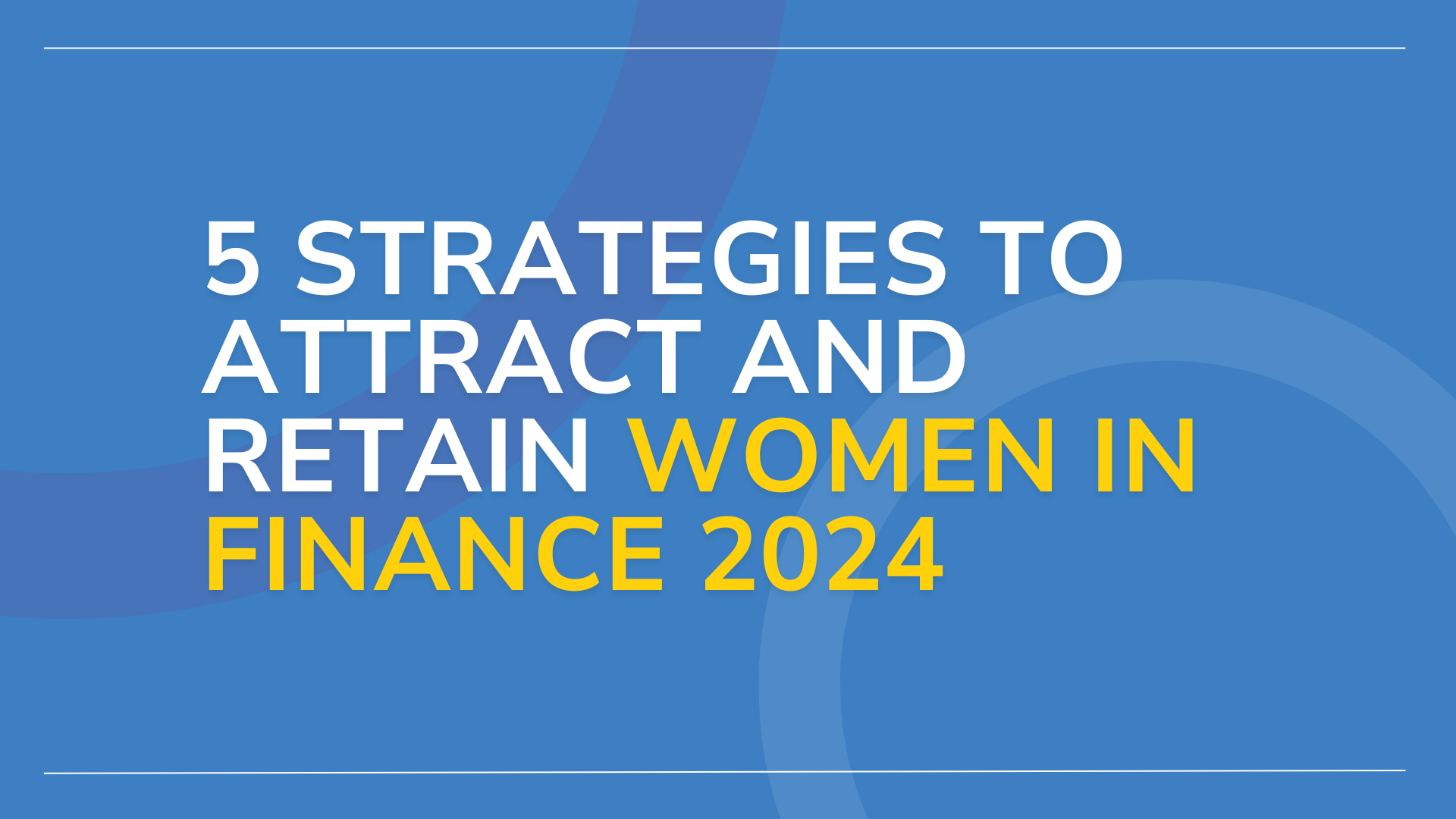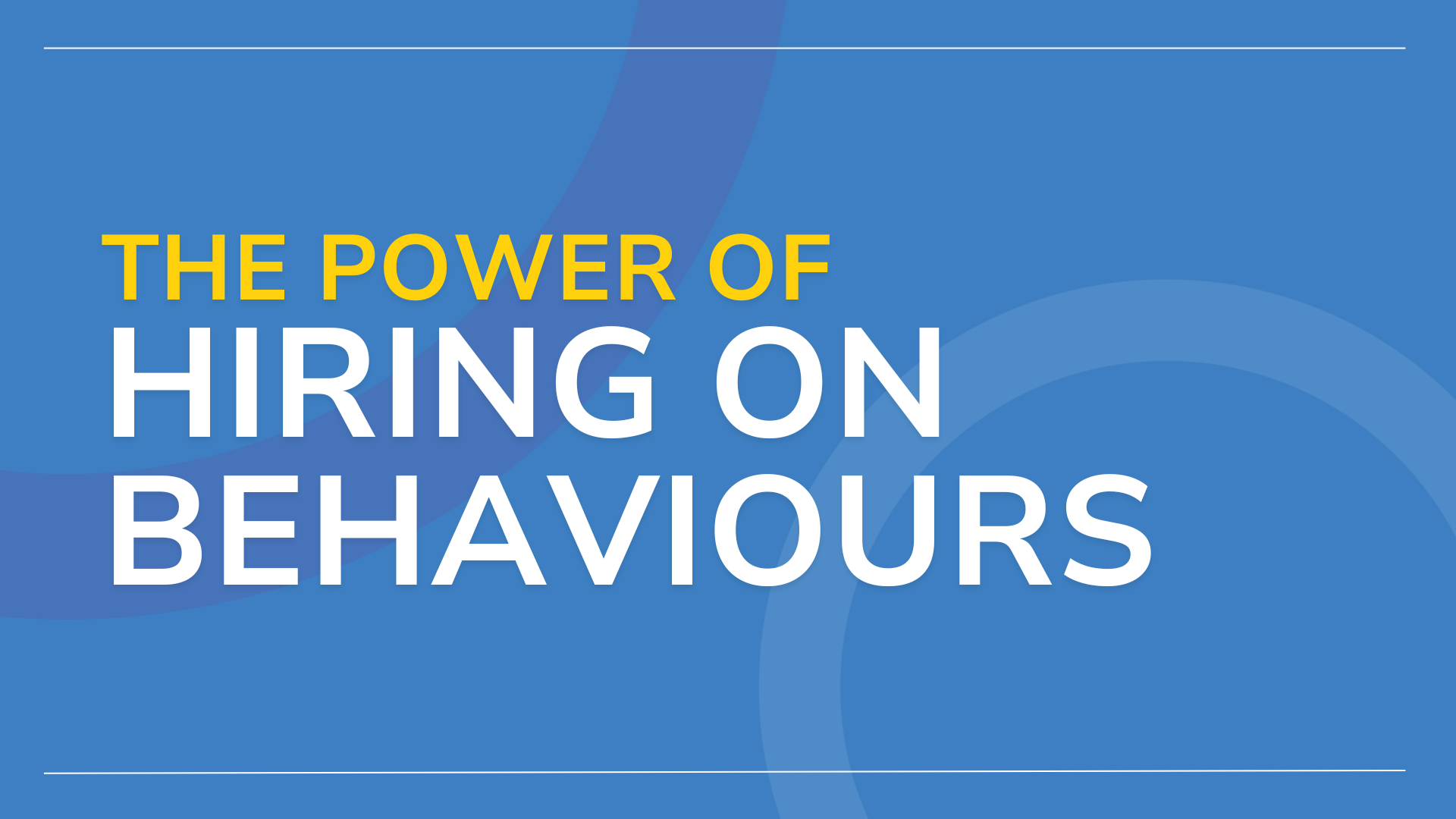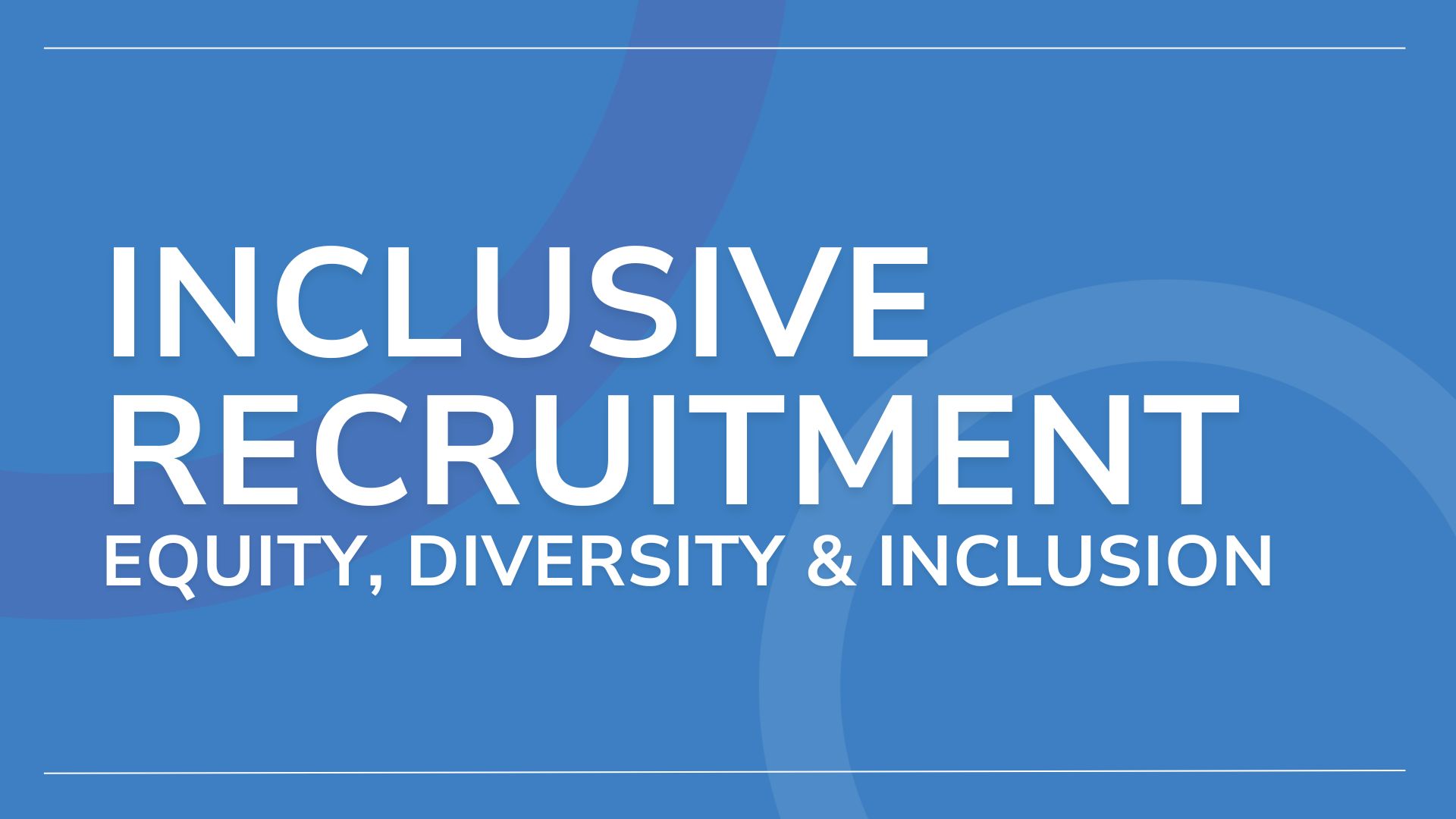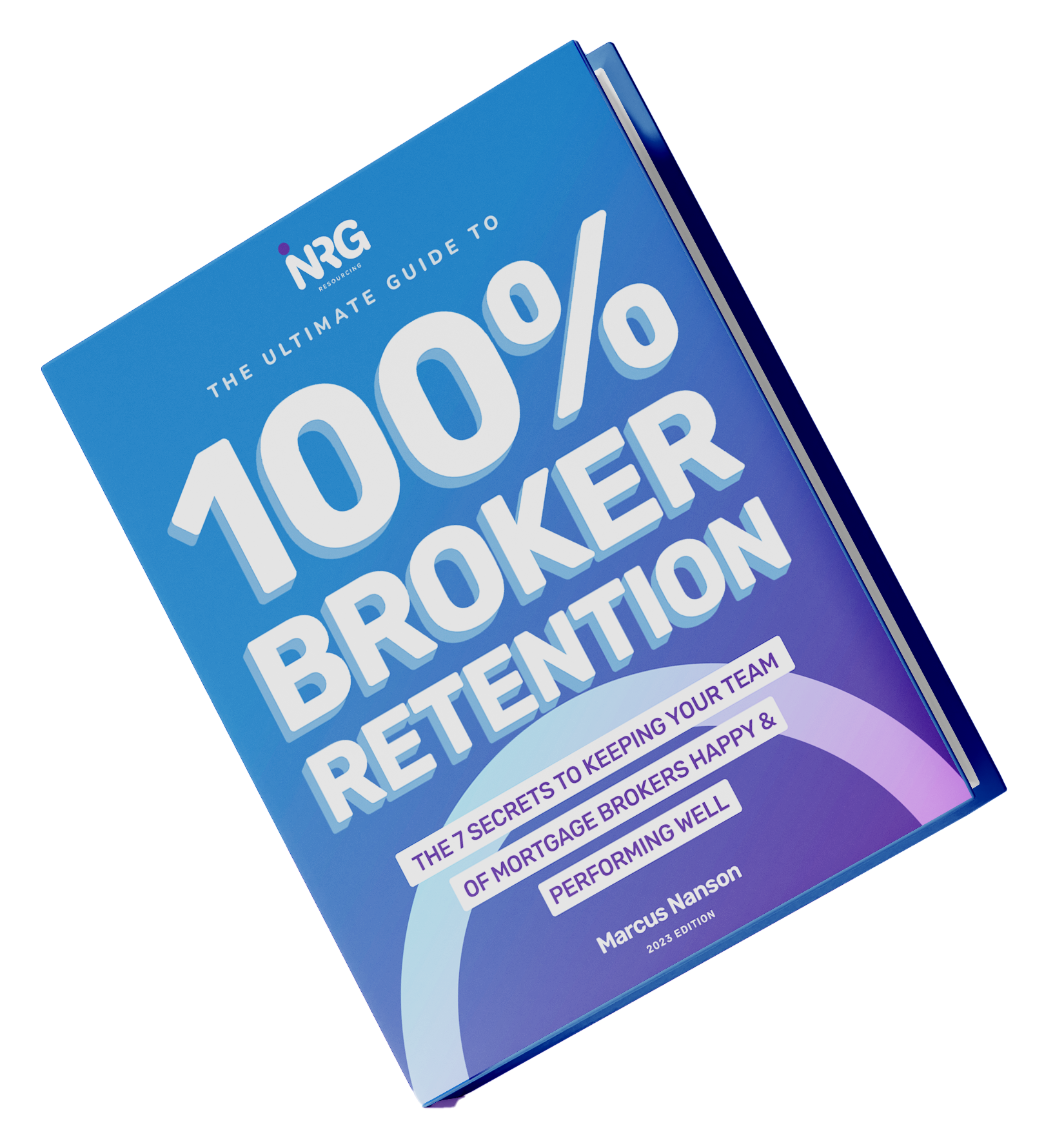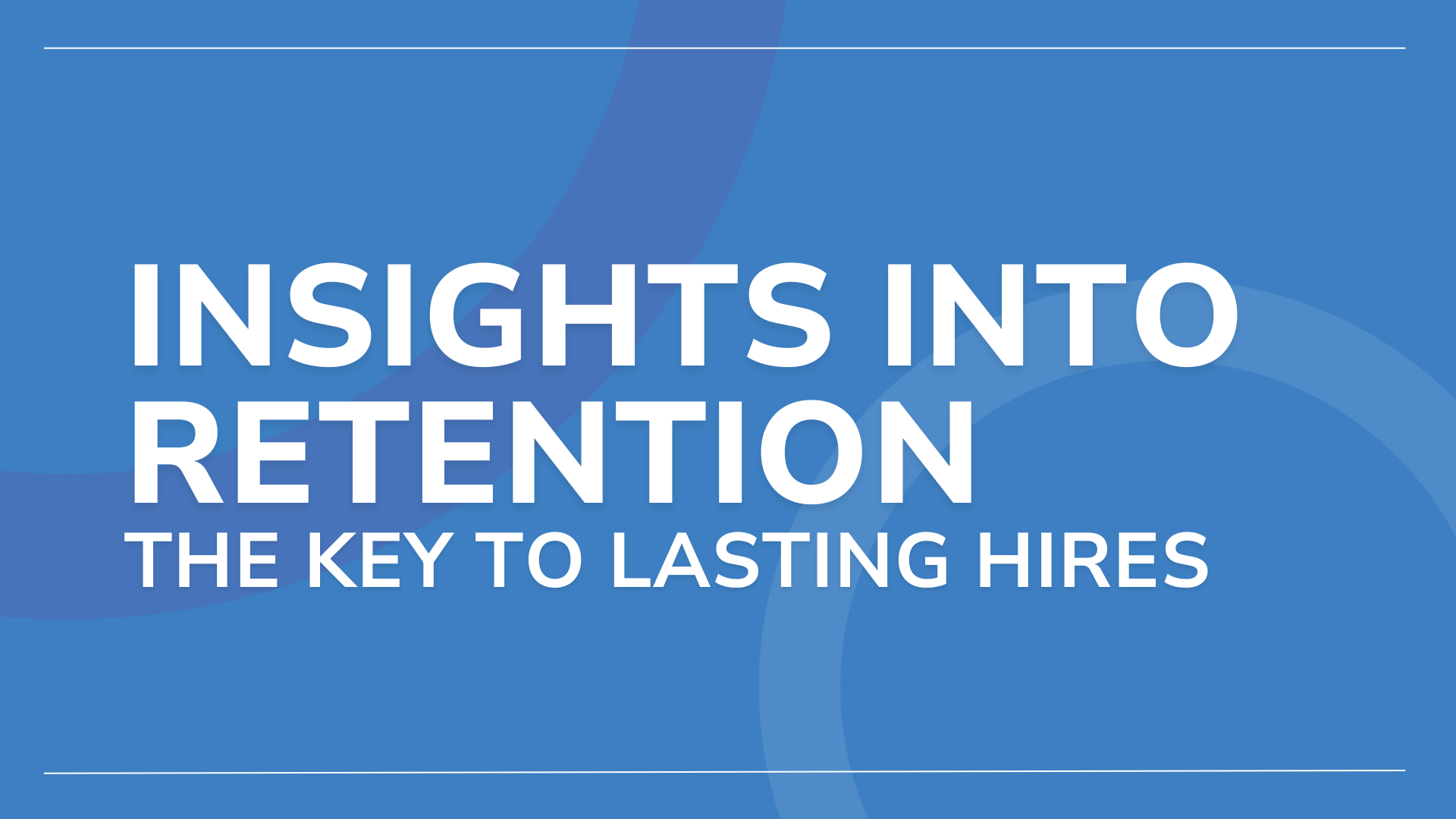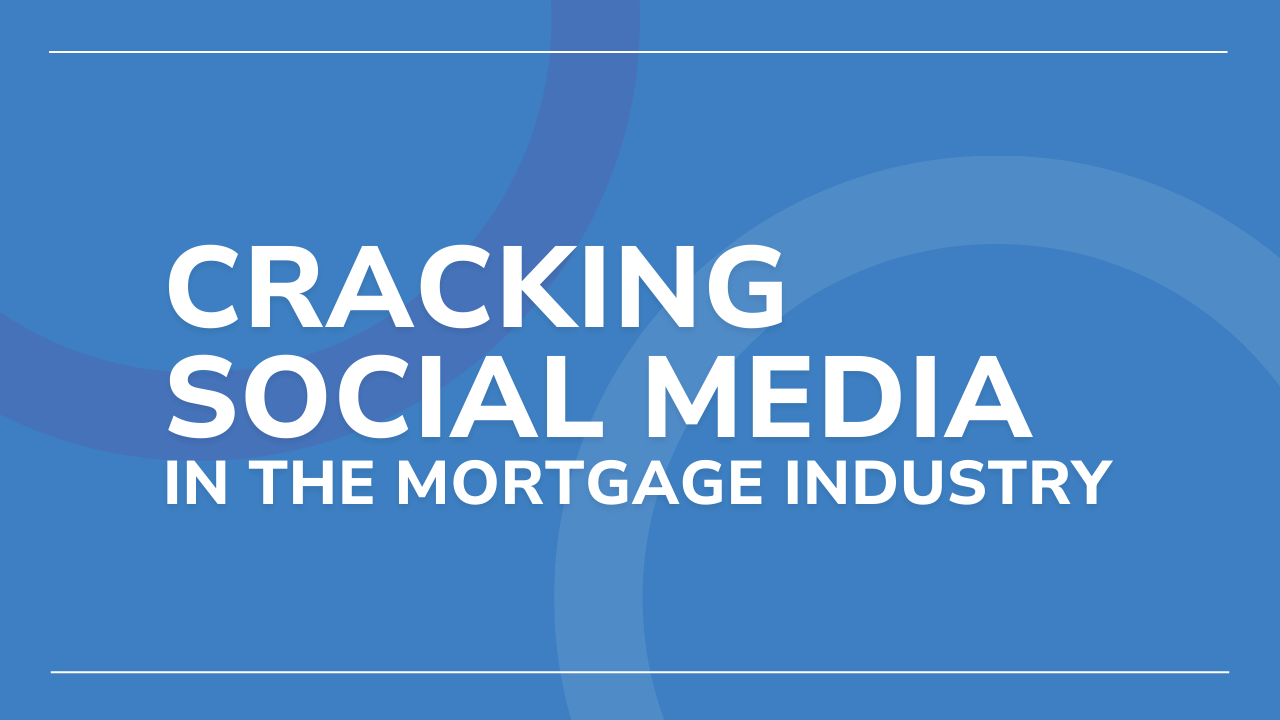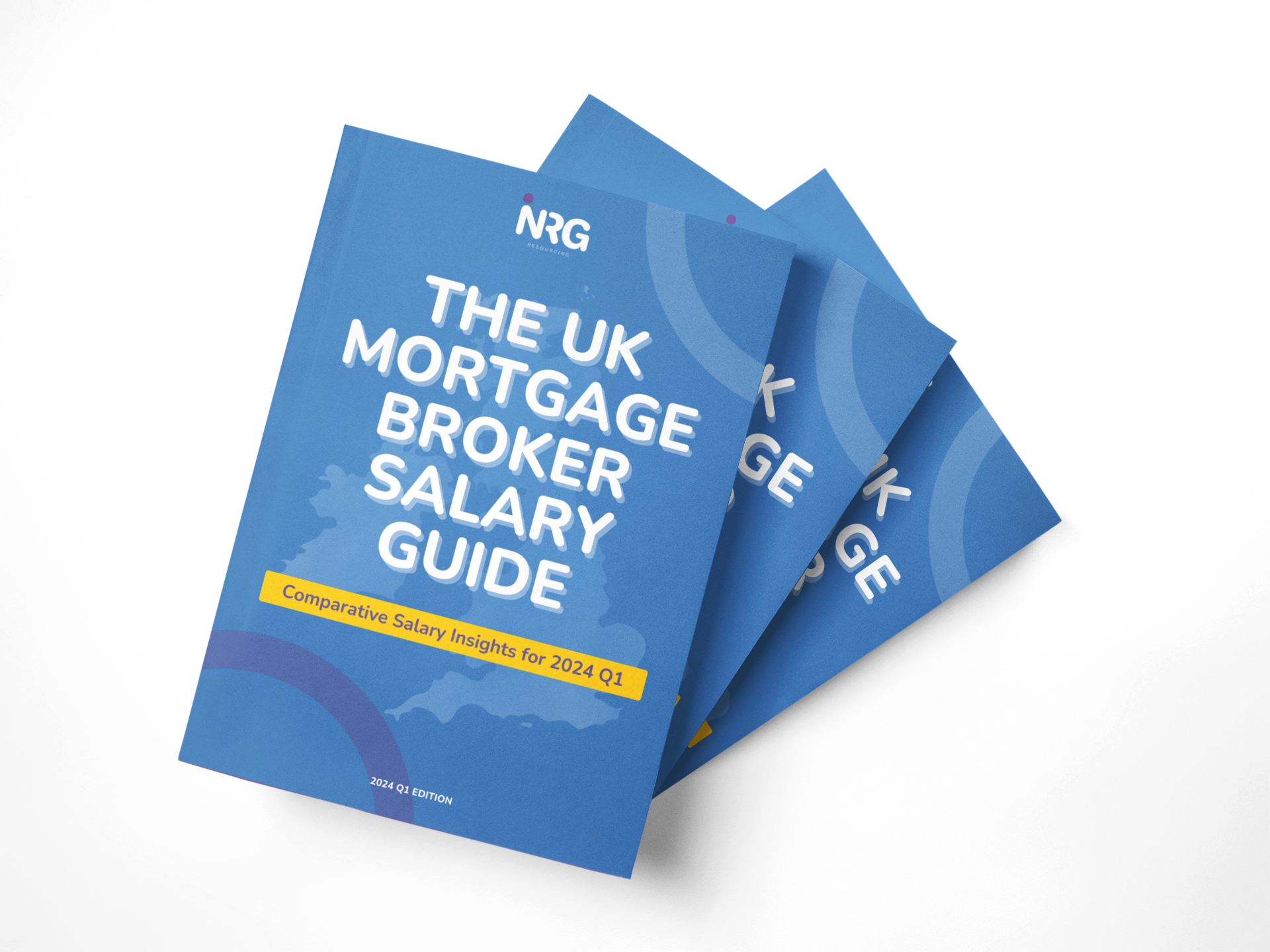5 Strategies to Attract and Retain Women in Finance 2024
Innovation and success in any industry relies on gender diversity.
Despite leaps forward in recent years, corners of the finance industry continue to struggle attracting and retaining female talent, particularly in leadership roles.
As we move into 2024, it’s crucial that we address this imbalance with targeted strategies that attract and retain women in finance. Creating not just great team members, but role models.
This post outlines five key approaches that do exactly that. Drawing on our experience as professional recruiters, to draw women into the finance industry and ensure they stay, thrive, and lead.
Let’s get started…
1. Redefining Recruitment

The journey towards gender diversity begins at recruitment.
Our research indicates that job descriptions often inadvertently appeal more to male candidates. To change this, focus on inclusive language that resonates with female values, such as collaboration and community, while ensuring qualifications are not unnecessarily restrictive.
By clearly communicating core values and using technology to assess the inclusivity of our job adverts, you can attract a broader, more diverse talent pool.
2. Embracing Flexible Working

Flexibility is no longer a perk but a fundamental expectation, especially for working parents.
Recognising this, consider flexible working arrangements that accommodate the needs of your employees, irrespective of gender. This approach not only aids in attracting female talent but is essential in retaining them, ensuring that team members do not have to choose between their career and personal life.
Your commitment extends beyond flexible hours to fostering an environment where such choices are respected and supported.
3. Make Female Role Models Visible

Visibility matters.
Highlighting the achievements of women in your organisation not only celebrates their contributions but also inspires others.
By showcasing the diverse paths to success within Finance, you can motivate and encourage women at all levels of their career.
This strategy is pivotal in building a culture where women see themselves reflected in their leaders and feel a stronger sense of belonging and possibility within the finance industry.
4. Promote Mentorship and Career Development

Access to mentorship and targeted career development opportunities can significantly impact women’s career trajectories in finance.
By establishing programmes specifically designed to support women, you provide tools and networks necessary for gender diversity.
These initiatives should be supported by both male and female leaders, ensuring they are inclusive, equitable, and effective in preparing women for leadership roles.
5. Addressing Unconscious Bias

To create a truly inclusive workplace, tackling unconscious bias is essential.
Through comprehensive training and the use of HR technology, commit to ensuring your hiring practices, promotions, and performance evaluations are fair and unbiased.
By understanding and mitigating these biases, you can make more informed decisions and foster a culture that truly values diversity and inclusion.
Conclusion
As we look forwards in 2024, these five strategies are at the heart of attracting women into finance and ensuring they feel valued, supported, and empowered to ascend to leadership positions.
Gender diversity is not just a metric to aspire to, it’s a reflection of your dedication to building an inclusive, dynamic, and innovative finance sector.
What do you think of these 5 points? Are there any that we may have missed?
If you’re committed to hiring high-quality, behaviourally suited talent, let’s connect and discuss how we can redefine your recruitment process, ensuring each new hire is not just an addition but a lasting asset to your mortgage business.
If you’re seeking a new role, or are searching for new talent, please click on the appropriate link to book a call with me today.
